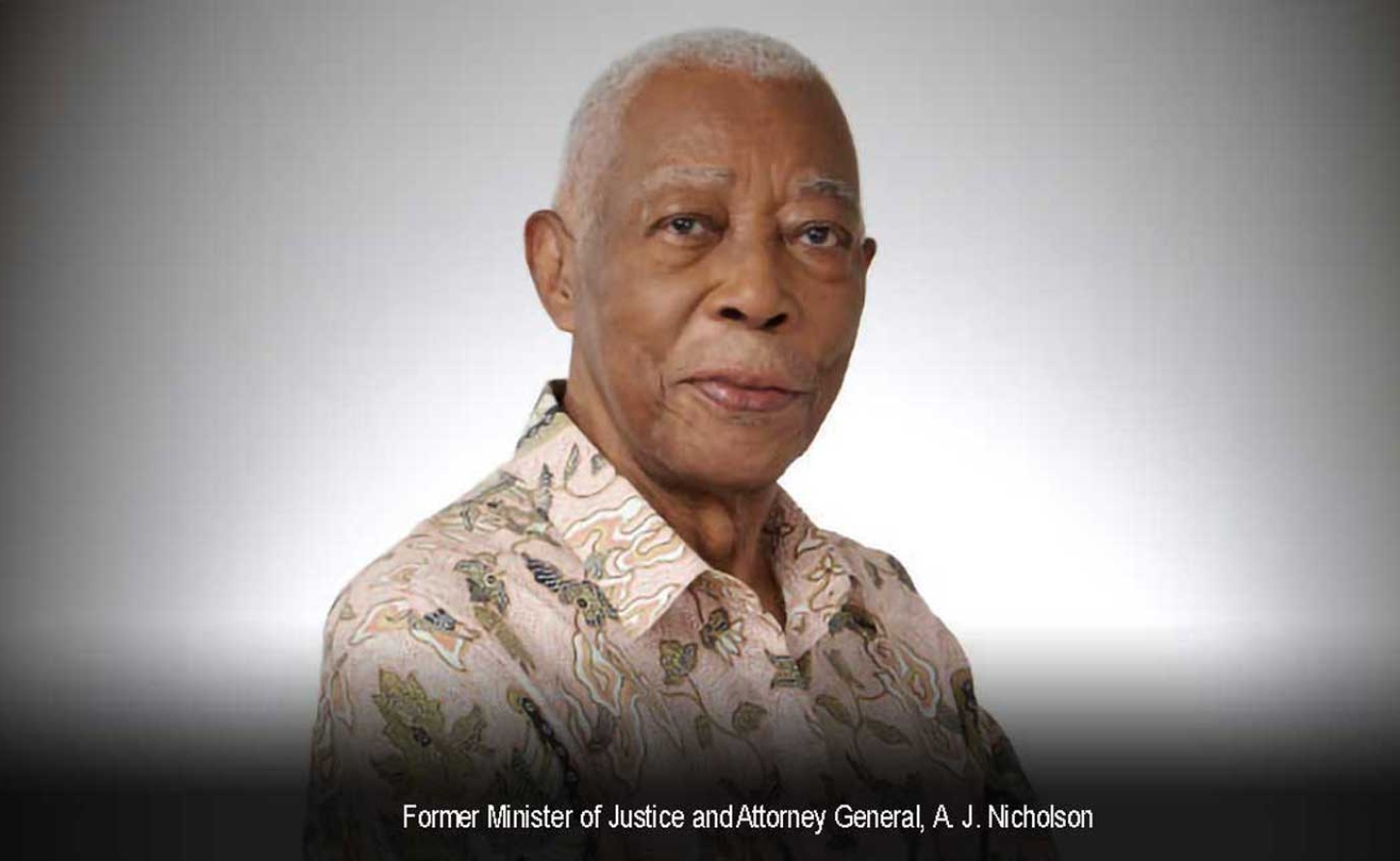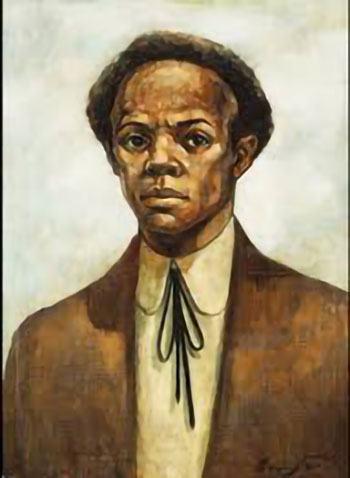JAMAICA | Its an All-Round Denial of Justice says A. J. Nicholson

KINGSTON, November 4, 2024 - It is decidedly unacceptable that denial of justice to the everyday Jamaican is unspeakably pervasive, coming as it does from so many different sources, from without and from within.
The BBC's Royal correspondent, addressing why the King cannot say 'sorry' for slavery, explained: "A week ago, Downing Street signalled quite clearly that there would not be an apology or a deal on reparations from the UK at the (Commonwealth) summit in Samoa.
"Monarchs speak on the advice of ministers - and on a question of such sensitivity, (the King's) speeches will have to stay within the boundaries of government policy".
Such is the irksome justice message coming from the United Kingdom ministers of government, and openly recited on behalf of His Majesty the King, independent Jamaica's Head of State!
Locally, there is an even more jarring justice message coming from our own ministers of government, joined by one of the country's flagship industrial conglomerates, resolutely projected editorially by its national newspaper, the Observer.

In the case of the government, it is glaringly of no concern to the ministers that Jamaica's prolonged history of pain recounts how for near two hundred years since slavery was abolished generations of the vast majority of our people have, to this day, been denied access to justice in their designated court of last resort.
In the case of the conglomerate, Sandals Resorts, the proprietors tellingly enjoy the best of both worlds. At home in Jamaica, they could not by any means lay claim to being beset by the impediments that block the path of the average citizen from access to the British court.
And in Barbados and St Lucia, where they also have lavish investments, they are provided with ready access to the itinerant regional court whose judges will travel directly to where they operate to hear their complaints.
Notably - and some would no doubt feel impelled to say 'incongruously' - Prime Minister Andrew Holness, speaking days ago at King's House proclaimed, inter alia, that the appointment of a Jamaican "accomplished jurist" as a judge of the regional court "is one in which Jamaica takes pride".
Strangely though, neither he and his ministers as servants of the people nor the conglomerate entrepreneurs, for whom Jamaican workers make up a significant portion of the anchor that sustains their bounteous blessings, have deigned to provide the public with any plausible reason for their emphatic deprivation stance.
Is it their contention that they or the citizens receive some benefit from the contrivance to prolong the unjust deprivation? What plain commonsense interest do they consider that the continued denial serves?
Can they point to the example of any other country of the Commonwealth which witnesses the governing party and high-ranking representatives of the private sector in strident public commitment to keep the overwhelming majority of the citizens away from unhindered access to final justice - an indispensable component in the creation of the just society?
This, unmistakably, outstrips what obtained under colonial rule when Jamaicans had to withstand the lack of any substitute for the largely inaccessible London-based Great Imperial Court of the British Empire, and certainly with no possibility of the slightest hint of any forthcoming apology for the horrors of the trans Atlantic trade in African slaves.
The dread spectre of all-round denial of justice is a dominant feature of the present dispensation: from without, disappointing yet unsurprising, coming from the descendants of slave masters. From within, bitterly oppresive, coming from our own countrymen and women, most of whom, by far, are kindred descendants of slaves.
After all that he struggled for, would The Right Excellent Samuel Sharpe not be entitled to ask, querulously: In politically independent Jamaica in 2024, how can this be?
AJ NICHOLSON.
